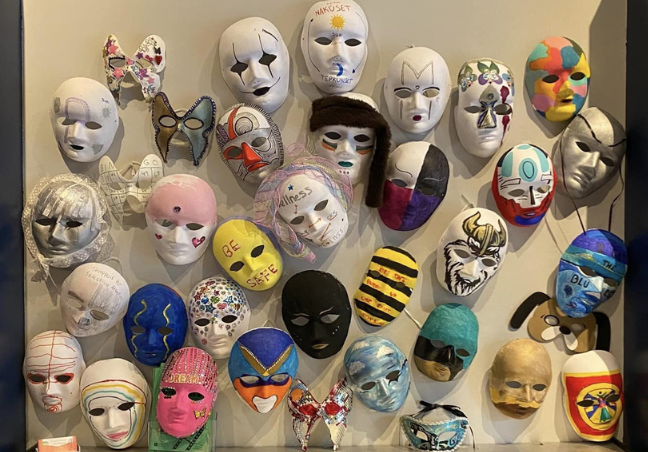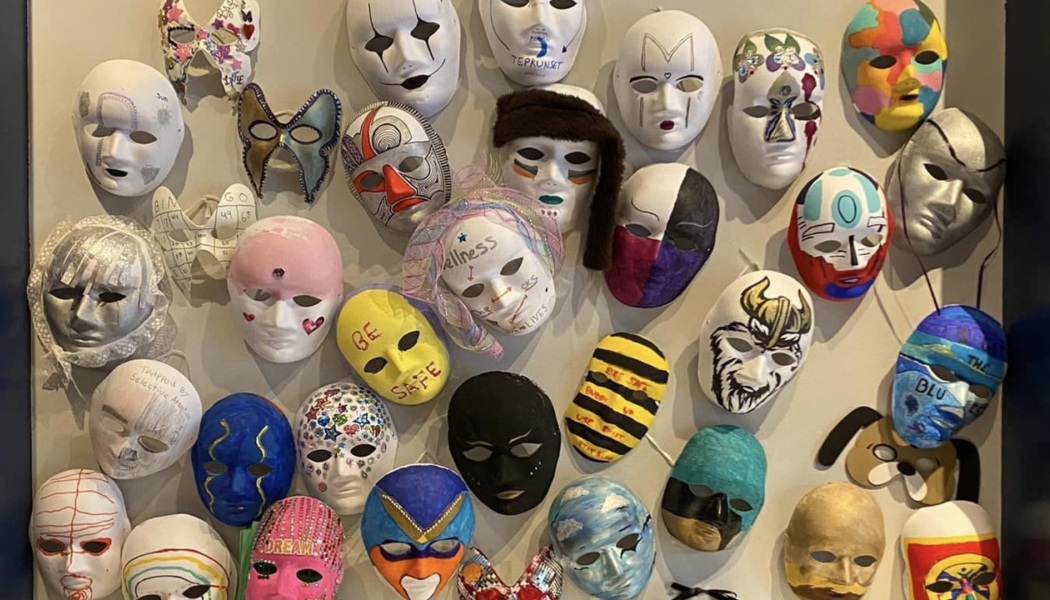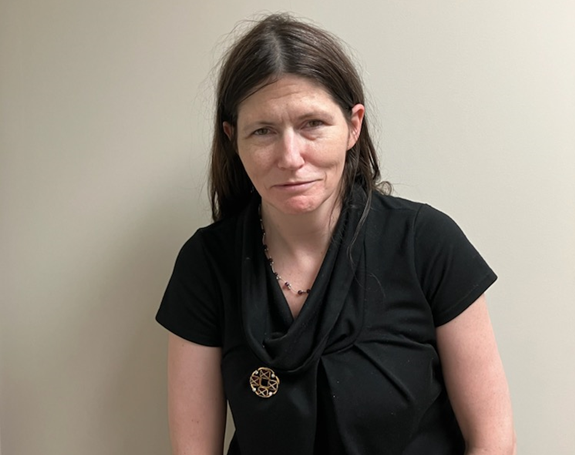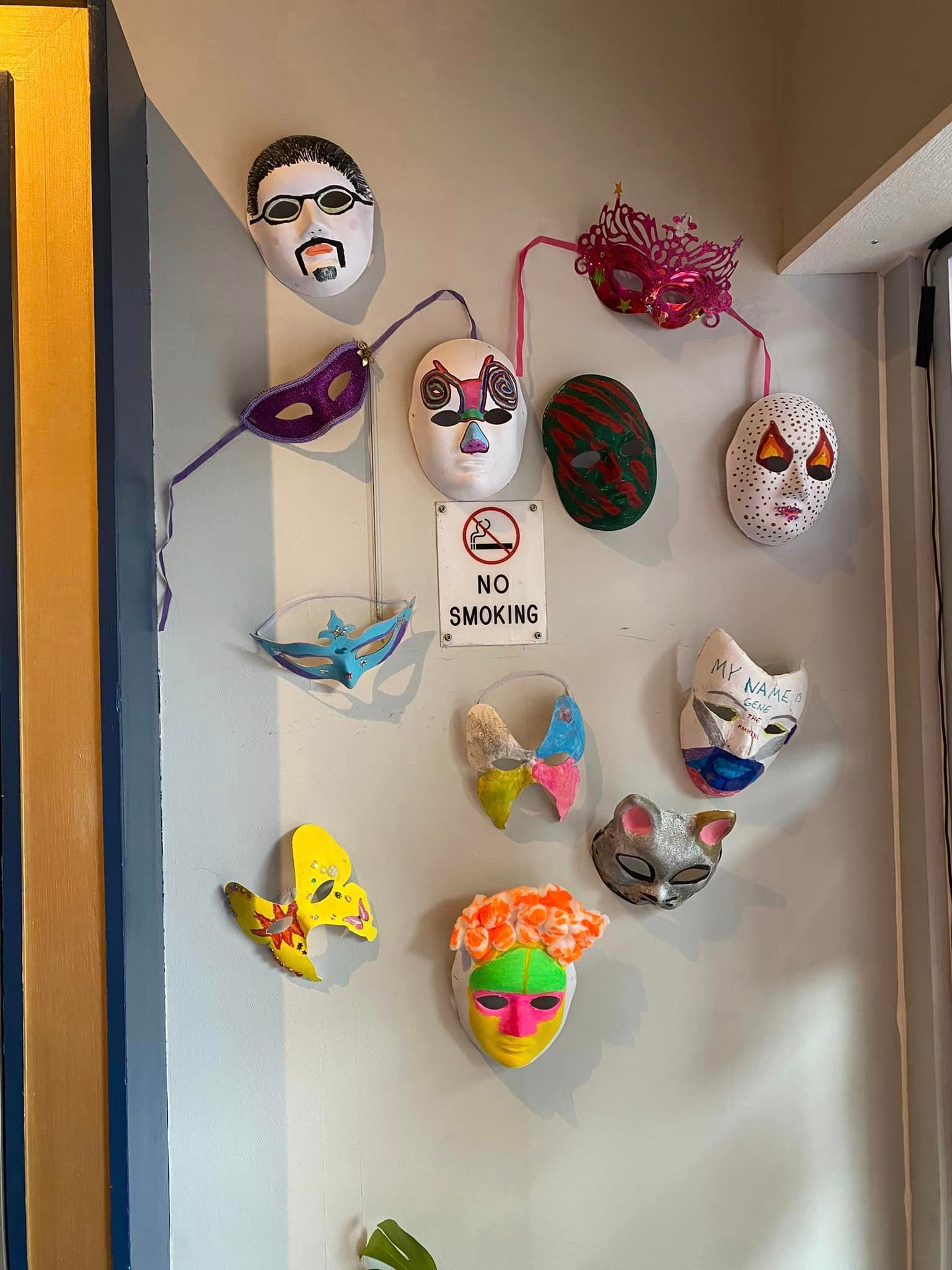In the eight years since B.C. declared a public health emergency because of deaths due to unregulated drug poisonings, more than 14,000 people have died in our province.
In our ongoing Stories@IH series, we share voices from the toxic drug crisis. In this story, meet Cheryl, a peer volunteer from Vernon who has found hope and purpose in helping others who use drugs.

















